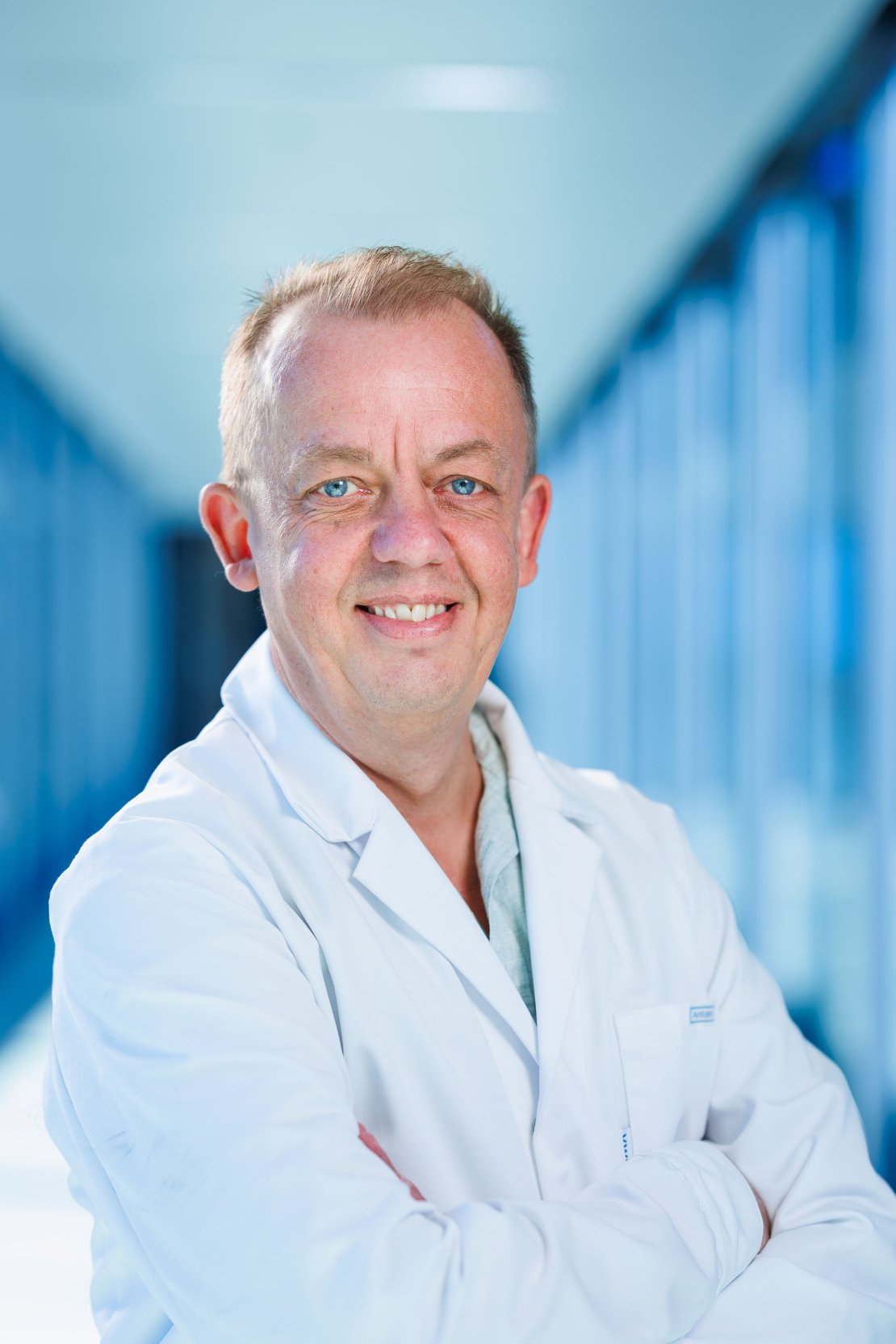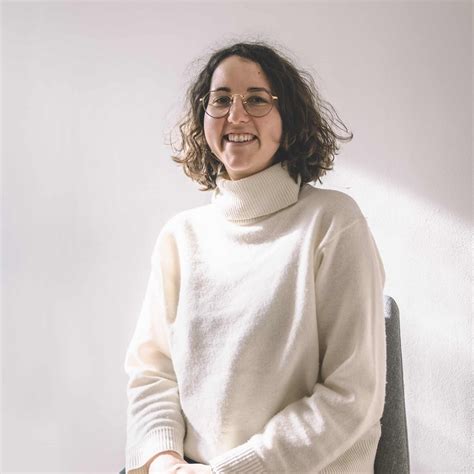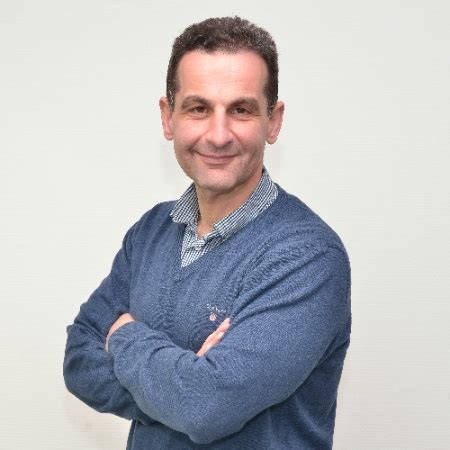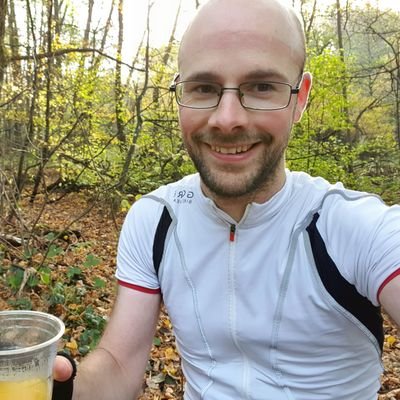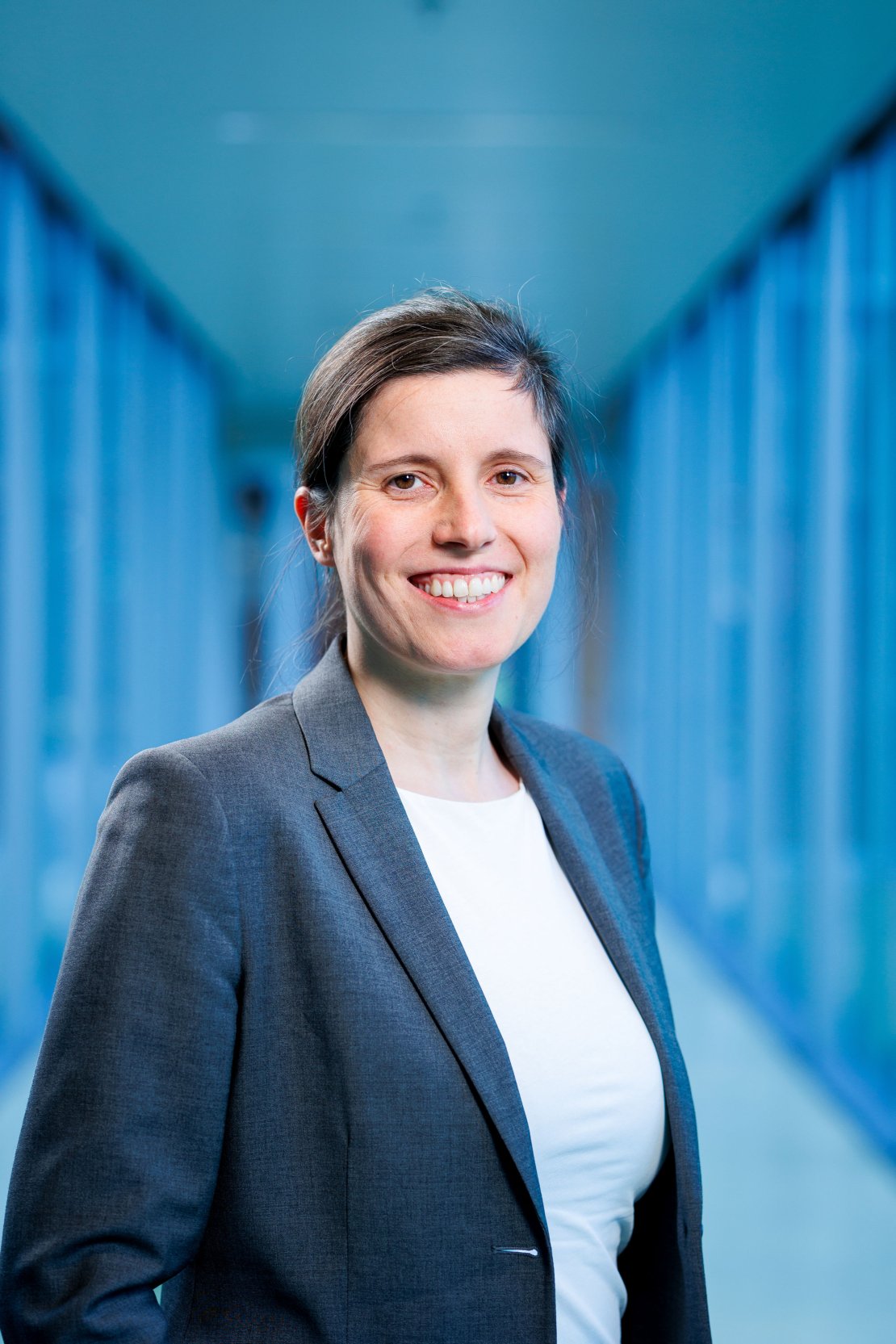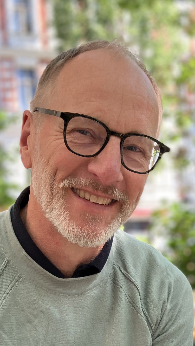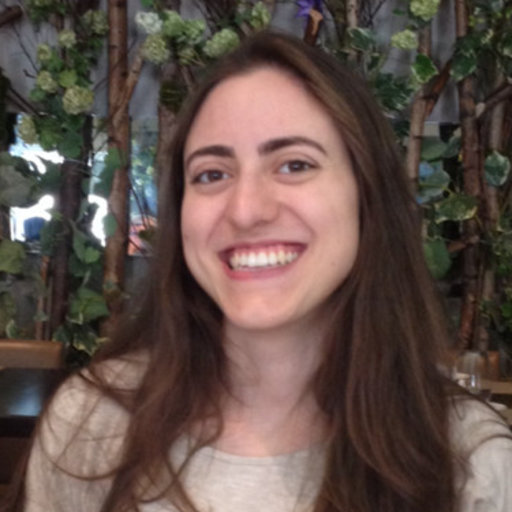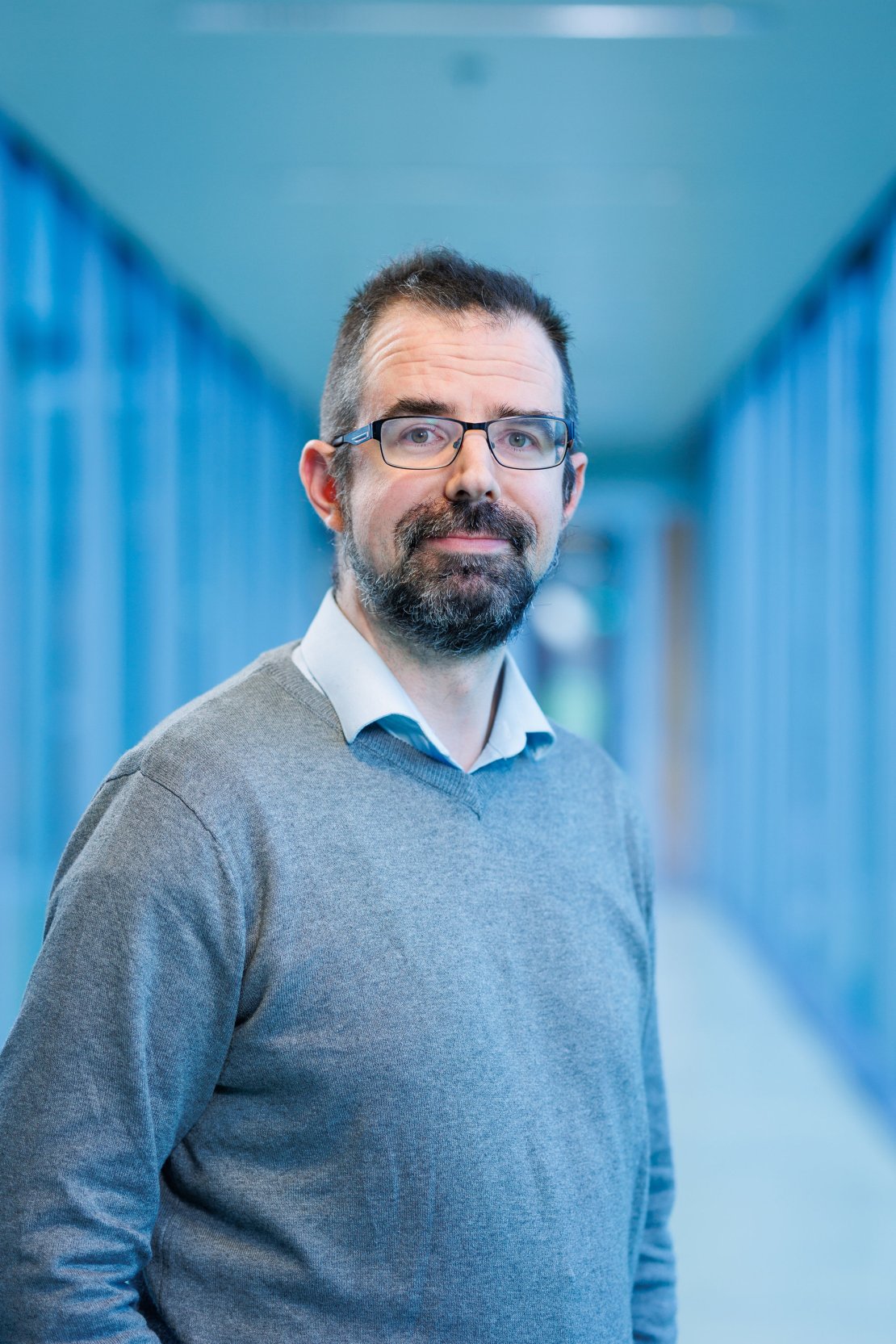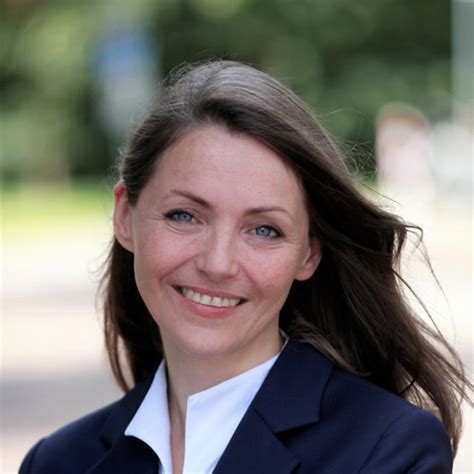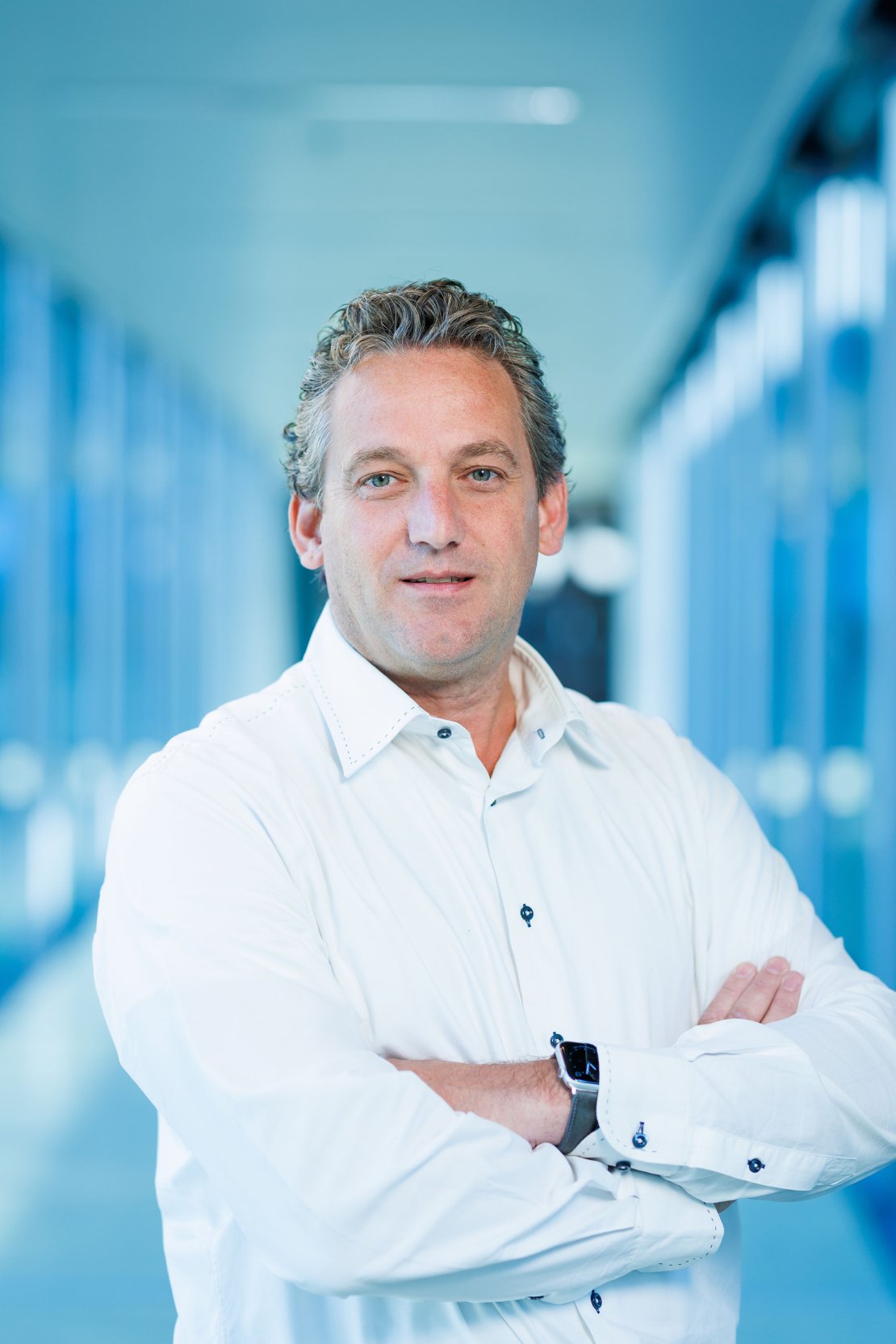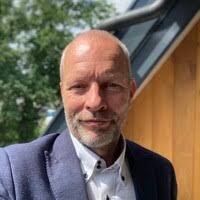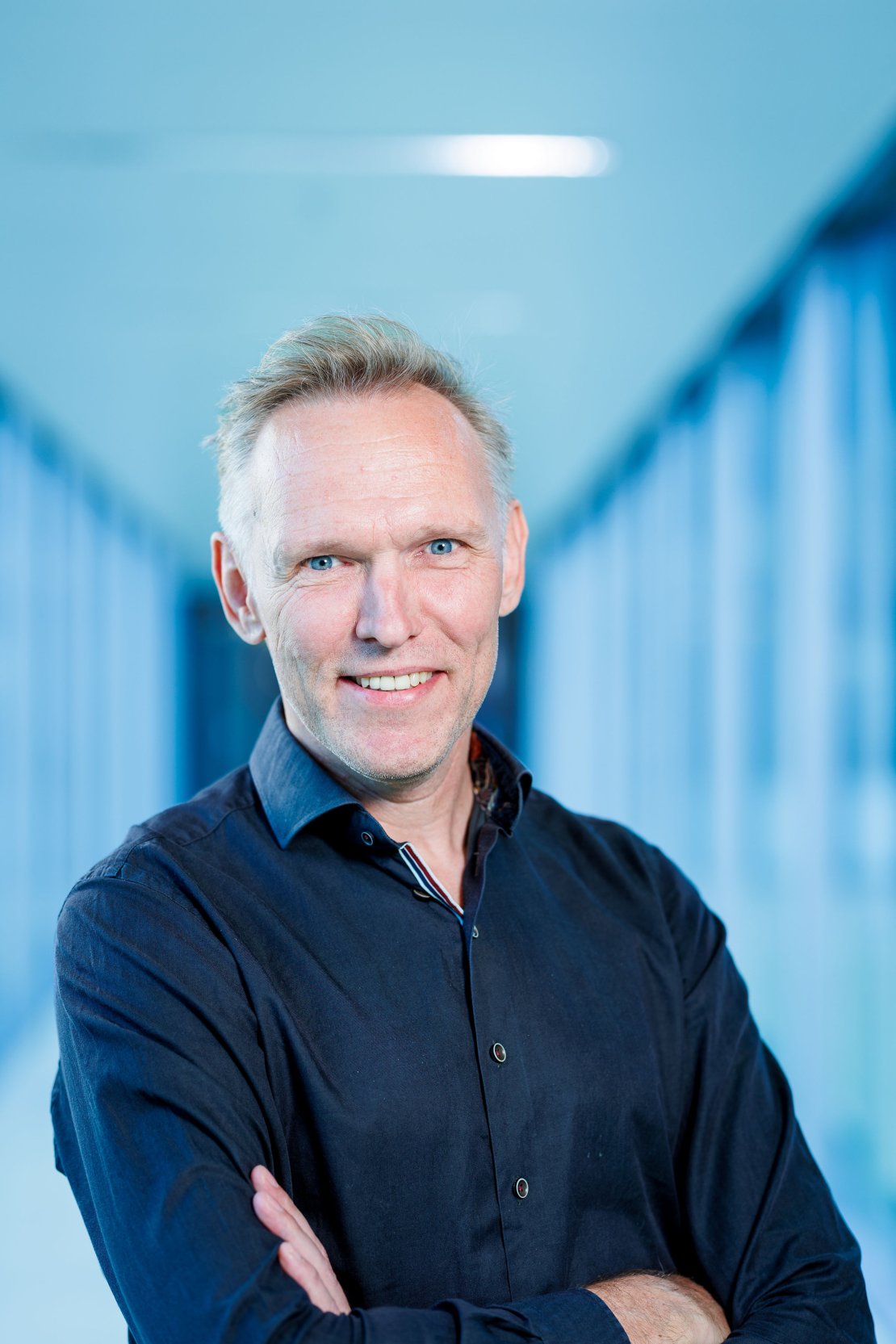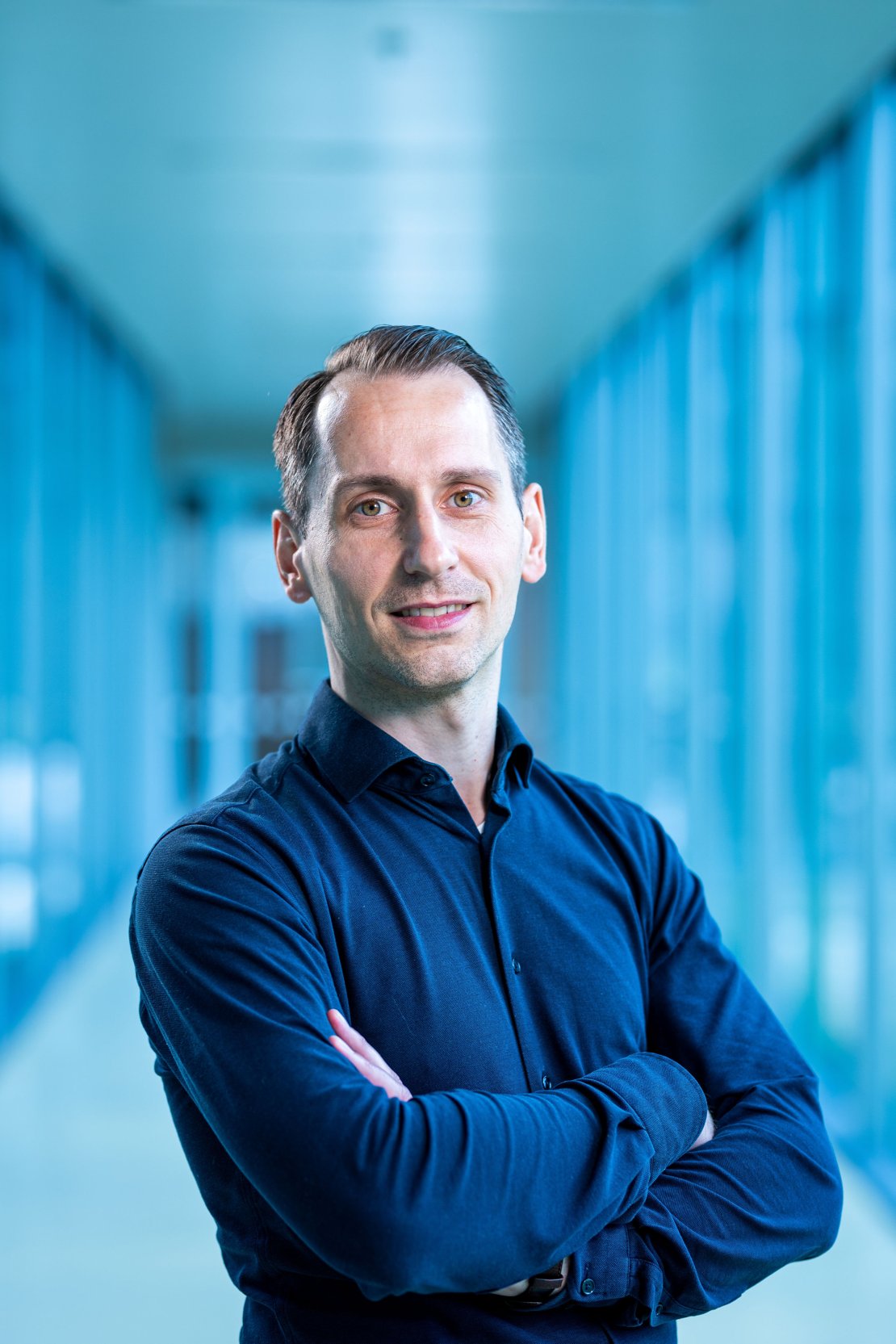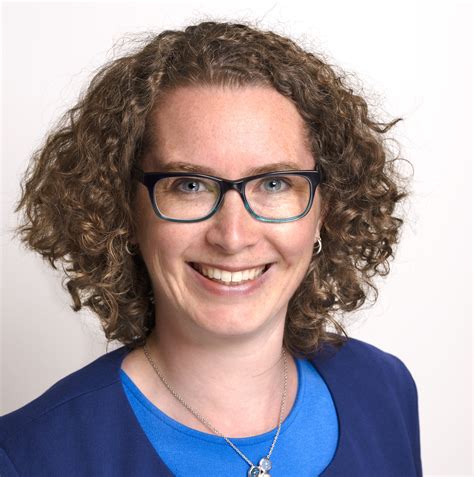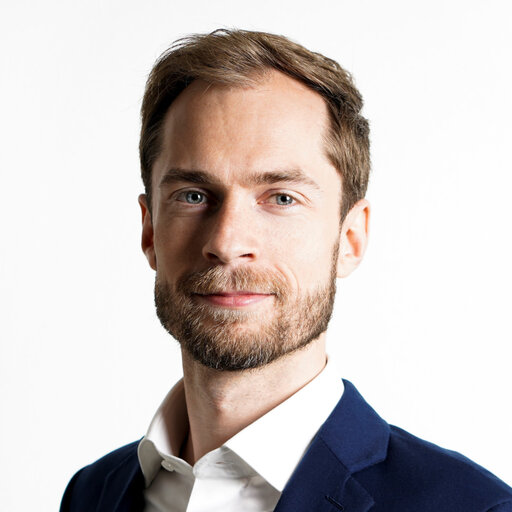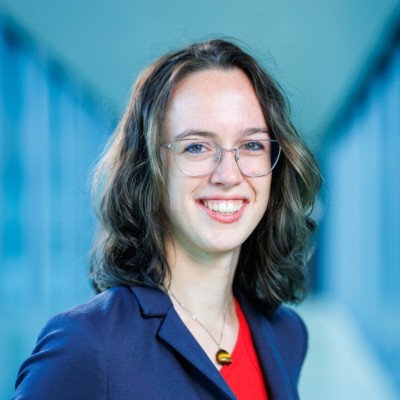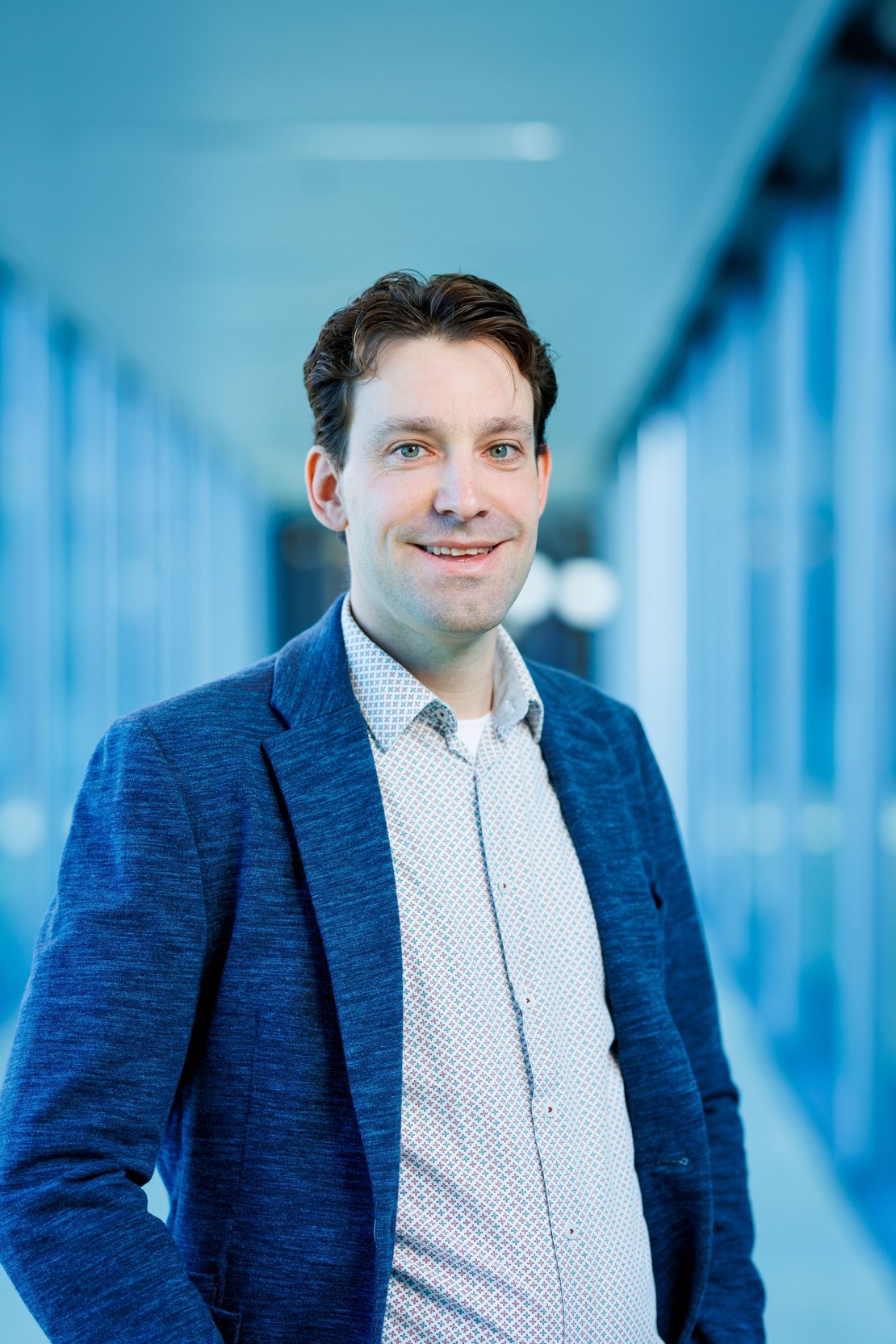Information about the lecturers
| Dr ir Antoine Kemperman - Twente Membranes Antoine is a senior researcher with more than 30 years of experience in Membrane Science and Technology. He started his membrane career in the manufacturing of membranes and their characterization. Currently, he is focusing on the use of membrane and hybrid processes in water purification, for wastewater treatment, as well as for the production of drinking water. For one day a week he is a senior advisor at Wetsus, the European Centre of Excellence for Sustainable Water Technology (Leeuwarden). |
| Dr. Carla Glassl – Co-Founder & CTO, Ucaneo Biotech Carla is a molecular biologist and entrepreneur dedicated to combating climate change through biotechnology. As Co-Founder and Chief Technology Officer of Ucaneo Biotech, she leads the development of a pioneering Direct Air Capture (DAC) technology that employs enzyme-enhanced membranes to extract CO₂ directly from ambient air. This innovative, cell-free approach mimics natural biological processes, offering a scalable and energy-efficient solution for carbon removal. Under Carla’s technical leadership, Ucaneo aims to capture 0.5 gigatons of CO₂ by 2035, contributing significantly to global decarbonization efforts. Her work bridges the gap between scientific research and practical application, transforming complex biological systems into viable climate technologies. Carla is also an advocate for interdisciplinary collaboration in climate tech and has shared her insights on building deep-tech startups and the role of synthetic biology in carbon capture. |
| Prof. Dr. Dimitrios Stamatialis – Advanced Organ Bioengineering and Therapeutics, University of Twente Dimitrios is a professor of (bio)artificial organs at the University of Twente, where he leads the Advanced Organ Bioengineering and Therapeutics (AOT) group. With a background in chemistry and a PhD in physical chemistry and membranes, he has extensive experience in biomaterials, biomedical membranes, and (bio)artificial organs. His research focuses on developing innovative technologies for organ support, including bioartificial kidneys and lungs, by integrating biomaterials with biological cells. He has been involved in numerous national and international projects, leading to products and applications, some licensed to companies. Stamatialis is also active in various scientific societies, serving on the boards of the European Society for Artificial Organs (ESAO) and the International Federation of Artificial Organs (IFAO), and as an editor for related scientific journals. |
| Dr. Ir. Emiel Kappert – Manager Process Technology R&D (Membrane Technology), FrieslandCampina Emiel Kappert is a chemical engineer and membrane technologist leading the membrane research program at FrieslandCampina. As Manager of Process Technology R&D, he focuses on developing and implementing advanced membrane separation technologies to enhance the efficiency and sustainability of dairy processing. His work encompasses the design and optimization of membrane systems for applications such as protein fractionation, water recycling, and product purification. Emiel actively contributes to the scientific community through publications and collaborations, and he shares his expertise at industry events, including the symposium “Zuivel door het gaatje – kansen in membraantechnologie” held at the FrieslandCampina Innovation Centre. |
| Prof. Dr.-Ing. Hannah Roth – Technical and Macromolecular Chemistry for Water Research, University of Duisburg-Essen Hannah is a professor specializing in membrane science and engineering, currently leading the Chair of Technical and Macromolecular Chemistry for Water Research at the University of Duisburg-Essen. Her research focuses on the development of hollow fiber membranes for separating components from liquid or gaseous mixtures, with applications in water purification and gas separation. Previously, she served as an assistant professor at the University of Twente’s Membrane Science and Technology Cluster, where she contributed to advancements in membrane fabrication techniques. Hannah earned her doctoral degree in Chemical Engineering with summa cum laude honors from RWTH Aachen University, where she also led the “Membrane Fabrication and Molecular Transport” research group. |
| Hans Lammers – Senior R&D Expert Electrolysis and Membranes, Nobian Hans is a seasoned researcher and innovator in electrochemical process technology, currently serving as Senior R&D Expert Electrolysis and Membranes at Nobian Industrial Chemicals B.V. With a background in analytical and physical chemistry, he has dedicated his career to advancing membrane-based electrolysis systems, particularly for large-scale hydrogen production. Hans has played a pivotal role in developing and optimizing alkaline water electrolysis processes, focusing on enhancing the efficiency and stability of nickel-based electrodes through innovative regeneration strategies. His work has contributed to significant energy savings and improved performance in industrial electrolysis applications. Hans is also active in knowledge dissemination, having delivered lectures on industrial-scale membrane electrolysis and participated in scientific collaborations aimed at promoting sustainable chemical processes. |
| Dr. Ir. Izabella Bouhid de Aguiar - Twente Membranes Izabella is a researcher at the University of Twente’s Department of Membrane Science and Technology, specializing in membrane processes for food applications. Her research focuses on utilizing microfluidic tools to gain insights into membrane filtration processes, particularly addressing challenges like fouling and pore blocking. By observing filtration at micro- and nanoscales, she aims to optimize membrane performance and design. Izabella has co-authored publications on the application of microfluidics in understanding membrane behavior and on innovative membrane cascades for food processing. Her work bridges fundamental research and practical applications in sustainable food production. |
| Dr Jeffery (Jeff) Wood - Twente Membranes Jeff is an associate professor within the Department of Membrane Science and Technology, with a background in Chemical Engineering. His research focuses on electric-driven processes such as electrodialysis and electrolysis, ion-exchange and physicochemical hydrodynamics in chemical and separation processes. Jeff's lectures will focus on the fundamentals of ion-transport in membrane separations, as well as the physics underlying the performance of membranes used in ion-selective separations. |
| Prof. Dr.-Ing. Jutta Arens – Engineering Organ Support Technologies, University of Twente Jutta is a mechanical engineer and professor specializing in artificial organ support systems. At the University of Twente, she leads the Engineering Organ Support Technologies group, focusing on developing devices such as artificial lungs, heart and kidney support systems, and artificial placenta technologies. Her research aims to improve patient outcomes by creating miniaturized and integrated organ support devices that enhance mobility and long-term stability. Arens collaborates with interdisciplinary teams to advance standards for testing and approving artificial organs, ensuring patient safety. Her work is pivotal in transitioning life-support technologies from intensive care units to more accessible settings, thereby improving the quality of life for patients with organ failure. |
| Prof. dr ir Nieck E. Benes - Twente Membranes Nieck is an academic researcher and teacher with over 25 years of experience in the field of membrane science and technology. He is an expert on membrane synthesis and (in-situ) characterization, and multicomponent mass transport. He will teach you how mass transport occurs towards and inside membranes, and how this leads to membranes' selective molecular separation abilities. In particular, he will explain which different driving forces for mass transport exist (gradients in composition, pressure, electric potential, etc.) and how these play a role in various membrane processes, such as reverse osmosis, nanofiltration, and gas separation. |
| Ronald van't Oever - Membron With education on food technology, Ronald's journey in membrane technology began in 1992 with Rhone Poulenc’s Pleiade system and Carbosep membranes during his time at Terlet Machine Factory. The true commitment to membrane applications took off during his time at Stork Friesland’s Membrane Business Unit, where he gained broad experience across roles from engineering to sales. In the mid-1990s, we started applying tubular membranes in membrane bioreactors (MBRs), initially for leachate treatment. As Stork became part of Norit X-Flow, MBR applications expanded, notably with the Airlift MBR system, leading to widespread municipal and industrial use. The team also pioneered the first anaerobic MBRs. After the factory's transition to Pentair, membrane systems continued to evolve, being applied in areas like oil/water separation and produced water treatment. He has played a key role in the successful deployment of these advanced membrane technologies from scratch to full scale. |
| Prof. dr ir Rob Lammertink - Twente Membranes Rob Lammertink is an academic researcher and teacher with interest in mass transport phenomena near interfaces. He is actively teaching chemical engineering and applied physics on topics related to physical chemistry, colloid chemistry, membrane processes, and numerical methods. In this course, he will discuss size-exclusion-based separations in micro- and ultrafiltration processes. The strong accumulation of retained compounds in these processes leads to transport limitations that will be key to understanding and designing the most optimal separation processes in water, food, and chemical industries. |
| Dr ir Sander Haase - Twente Membranes Sander Haase is a researcher and teacher with 10 years of experience in scientific and industrial research & development related to process technology. His current research focuses on the development of new and optimization of existing membrane-based separation processes. In this course, he will teach the principles of designing membrane processes and discuss their use in several applications. |
| Prof. dr ir Saskia Lindhoud - Molecules and Materials, University of Twente Saskia is professor at the University of Twente’s Department of Molecules and Materials, with a research focus on polyelectrolyte complexation and its applications in sustainable separation technologies. Her work explores how biological principles, such as cellular phase separation, can inspire the design of materials like saloplastics and biocatalytic membranes. Lindhoud’s research aims to develop environmentally friendly processes for chemical separations, utilizing aqueous phase separation techniques and enzyme-functionalized membranes. She also investigates the role of polyelectrolyte complexes in molecular information processing and their potential in creating responsive materials. In addition to her research, Lindhoud is actively involved in educational innovation, focusing on blended learning, learning analytics, and peer-learning methodologies to enhance student engagement and learning outcomes. |
| Dr. Tom Kamperman – IamFluidics BV Tom Kamperman is an entrepreneurial biomedical engineer and co-founder of IamFluidics, a high-tech spin-off from the University of Twente. As Chief Technology Officer, he leads the development of In-Air Microfluidics (IAMF), a novel technology that enables the rapid and scalable production of monodisperse microparticles without the need for traditional microfluidic chips. This innovation significantly accelerates applications in pharmaceuticals, cell therapy, and cosmetics by producing microparticles up to 1,000 times faster than conventional methods. With a PhD in Biomedical Engineering, Tom has conducted research at esteemed institutions including the Max-Planck Institute, Harvard Medical School, and the University of Twente. His expertise encompasses microencapsulation, tissue engineering, and droplet microfluidics. In recognition of his contributions, he was named an MIT Technology Review Innovator Under 35 in 2019. At IamFluidics, Tom continues to bridge the gap between academic research and industrial application, driving advancements in sustainable and efficient microparticle technologies. |
| Dr. Wendy Jonkers – EMI Twente BV Wendy is a researcher and business developer at EMI Twente BV, specializing in membrane technology for aqueous applications. With a PhD from the University of Twente, her research focused on developing polyelectrolyte multilayer membranes for advanced wastewater treatment, aiming to enhance the removal of organic micropollutants. At EMI Twente, she continues to bridge the gap between academic research and industrial application, contributing to the development of sustainable membrane solutions. |
| Prof. dr ir Wiebe de Vos - Twente Membranes Wiebe de Vos is an enthusiastic academic researcher and teacher with a strong interest in membrane materials and the interactions that take place at membrane interfaces. He connects the demanding physical and chemical material properties required for the long-term operation of membranes with the common methods of membrane production. Moreover, he links the membrane surface and materials properties to their separation mechanisms and demonstrates how membranes can be tuned to obtain desired separation properties. This includes designing membranes with additional functionalities, such as anti-fouling properties, responsive behavior, or highly specific selectivities. |

